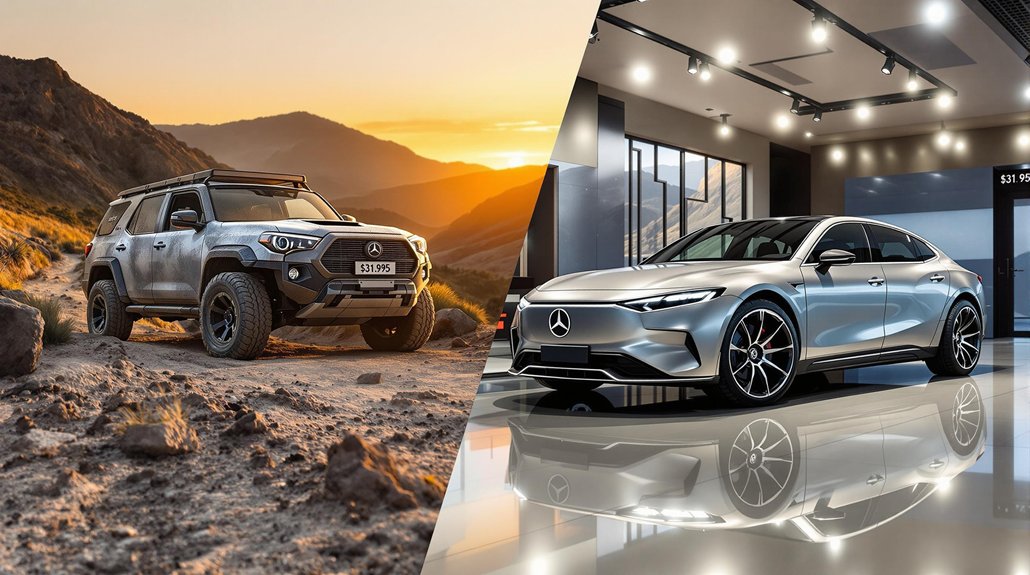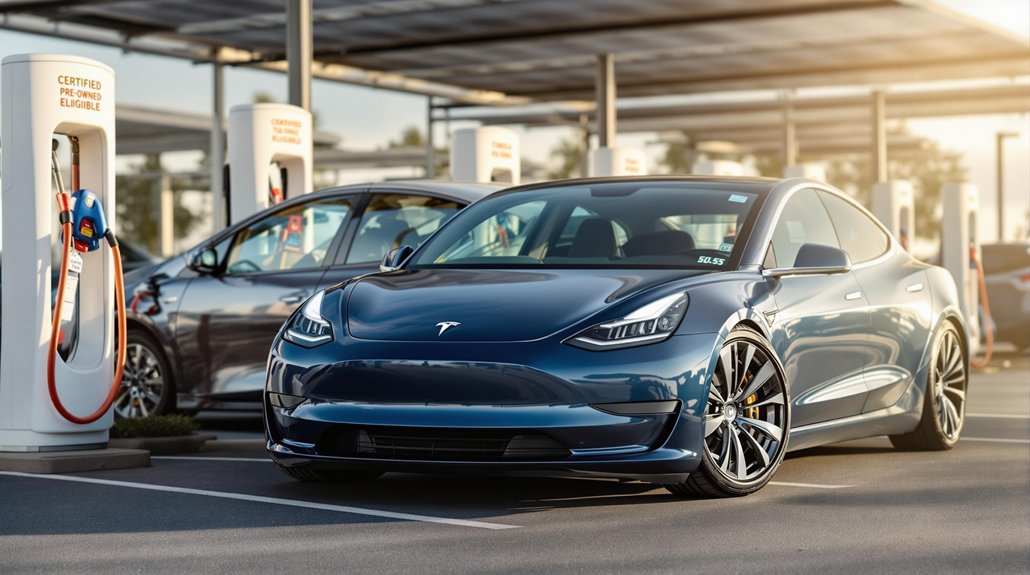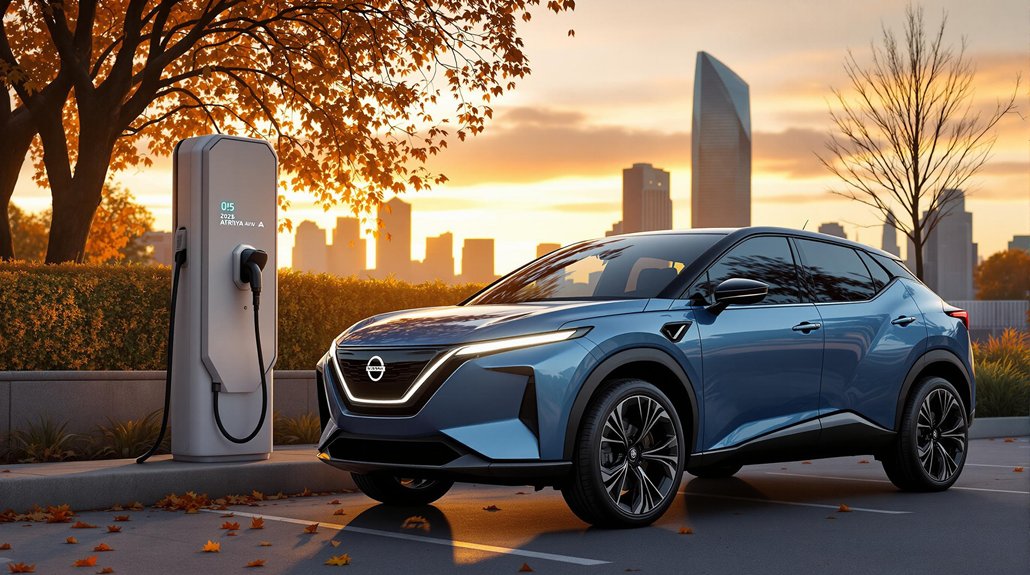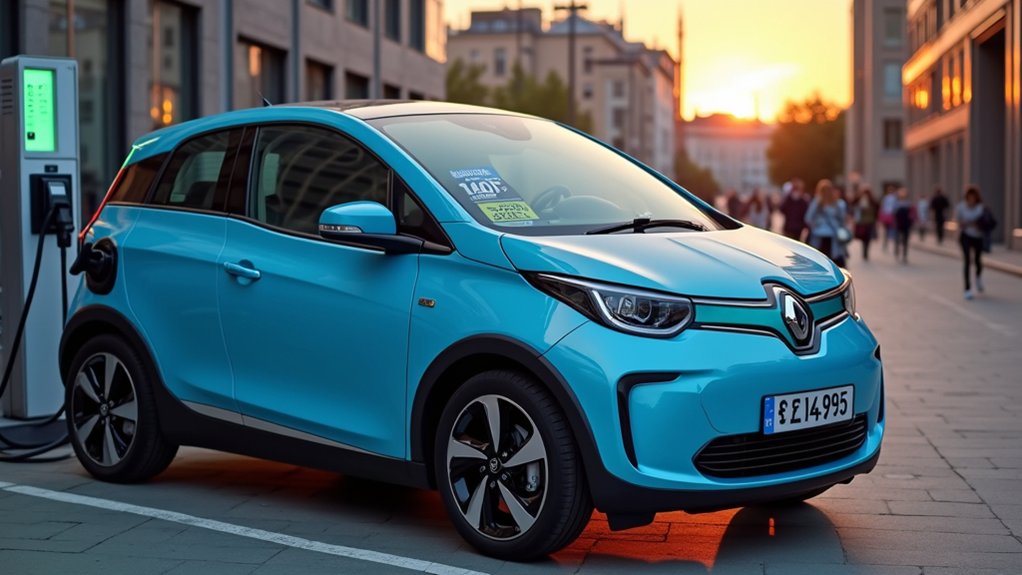Many automotive enthusiasts face the classic dilemma when shopping for a new vehicle: prioritize reliability or luxury? This question has become particularly relevant as the Mercedes EQS sedan, once a six-figure flagship EV, now appears on the used market below $32,000—placing it squarely in competition with more utilitarian options from reliability stalwarts like Toyota.
The reliability proposition from Toyota is compelling. Their vehicles consistently demonstrate exceptional longevity, with models like the Tundra and Sequoia achieving a 36.6% and 36.4% chance, respectively, of reaching 250,000 miles—over four times the industry average of 8.6%.
Toyota doesn’t just promise reliability—it delivers vehicles with four times the industry average chance of reaching quarter-million-mile milestones.
Toyota’s body-on-frame vehicles particularly excel in this regard, making them fixtures in commercial applications requiring dependable service. The popular Toyota 4Runner and Tacoma are full-frame vehicles that provide impressive durability in their segments. The 4Runner stands out with an impressive 86/100 reliability rating from J.D. Power with minimal complaints reported. J.D. Power data reinforces Toyota’s reliability narrative, with the brand’s PP100 (problems per 100 vehicles) consistently lower than competitors.
The 2025 Sequoia, for example, earns a 77/100 Quality & Reliability Rating with merely 0.53 complaints per 1,000 vehicles. I’ve found these statistics align with real-world ownership experiences, where Toyota’s simplified powertrain designs typically translate to lower maintenance costs and fewer unexpected repairs.
The Mercedes EQS presents an entirely different value proposition. Its focus on luxury amenities—multi-contour seats, ambient lighting, premium materials—creates an upscale environment unmatched by mainstream brands.
The technology suite impresses equally, featuring augmented reality navigation, thorough driver assistance systems, and cutting-edge EV technology with fast charging capabilities. The depreciation curve has made the EQS particularly intriguing.
At under $32,000, buyers can access Mercedes’ flagship-level comfort, prestige, and technology for the price of a mid-range conventional sedan. This dramatic price drop reflects EV market dynamics rather than inherent quality concerns. The EQS also offers the environmental benefits of electric vehicles while providing a premium transportation experience.
The choice ultimately depends on priorities. Those valuing trouble-free ownership and proven longevity will gravitate toward Toyota’s predictable reliability. Others may find the EQS’s luxury appointments and technological sophistication worth accepting potential maintenance concerns, especially at current pricing that makes flagship luxury more accessible than ever.









